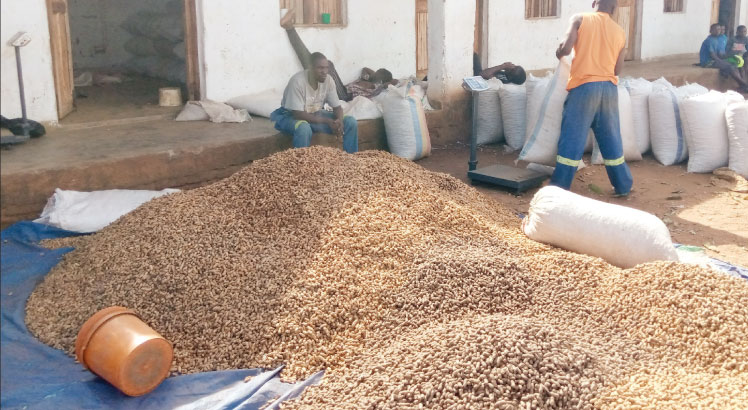Malawi losing out on AfCFTA
Malawi is losing a fortune due to delays to finalise policy documents to join its neighbours who are reaping from the Africa Continental Freed Trade Area agreement (AfCFTA).
The AfCFTA is a trade pact that creates a harmonised and integrated continental market of 1.2 billion people in 55 countries with combined gross domestic product valued at $3.4 trillion.

The country has been developing the documents that will enable implementation of the agreement for almost three years since ratification of the same in January 2021.
South Africa-based agricultural economist Fryson Zimba said it was frustrating that for three years the country has been working on documentation that could have been done within months and roll out the plan.
“Several countries, including our three neighbours, are already benefitting from the free trade agreement. As we speak, they already identified where to sell what while we are still stuck with documentation,” he said.
Key documents government is said to be still developing include value chains and exports market where to sell its products and the e-trade.
Zimba lamented that the delay was costing the country heavily considering that once fully utilised the agreement has the potential to increase exports.
This is coming at a time the country’s exports are three times lower than imports. For instance, in 2022, Malawi’s export earnings were around $1 billion against imports of roughly $3 billion.
This amounts to a $2 billion negative trade balance that technically leaves Malawi with no foreign currency to support its balance of payments for goods such as fuel, fertiliser and drugs.
The economist observed that being an import-dependent nation, Malawi stands to enormously reduce costs by fully implementing the agreement and start trading within the region.
Economic scholar Betchani Tchereni agreed with Zimba, arguing that without such infrastructure of policy documents government may not have a mandate to enforce certain ways of doing work.
“But what I like is that the Ministry of Trade has been doing a number of things already like sensitising the people to take advantage of the AfCFTA and some have started benefitting but some have not.
“The ministry has also done a study where they are trying to see the readiness of a number of organisations, in particular government organisations,” said Tchereni, an Associate Professor of Economics at Malawi University of Business and Applied Sciences (Mubas).
He cited some local traders who have already started penetrating the markets in South Sudan and the Democratic Republic of Congo (DRC) to sell meat and onions, respectively.
Tchereni said although there have been delays in terms of implementation, the most important aspect is the need for order.
Ministry of Trade and Industry spokesperson Mayeso Msokera had not responded to our questionnaire when contacted to comment on the delays.
But in April this year, the ministry said it was in the process of applying for the guided trade initiative to enable commercially meaningful trade.
Then, Msokera said they had delayed because their offer was sent back for the Malawi Revenue Authority (MRA) to work on tariffs.
Speaking in Lilongwe last week when Malawi hosted the African Union (AU) Day under the theme ‘Acceleration of AfCFTA implementation’, Minister of Trade and Industry Simplex Chithyola Banda urged small and medium enterprises (SMEs) to improve the quality of their products and trade practices to survive in the AfCFTA.






One Comment